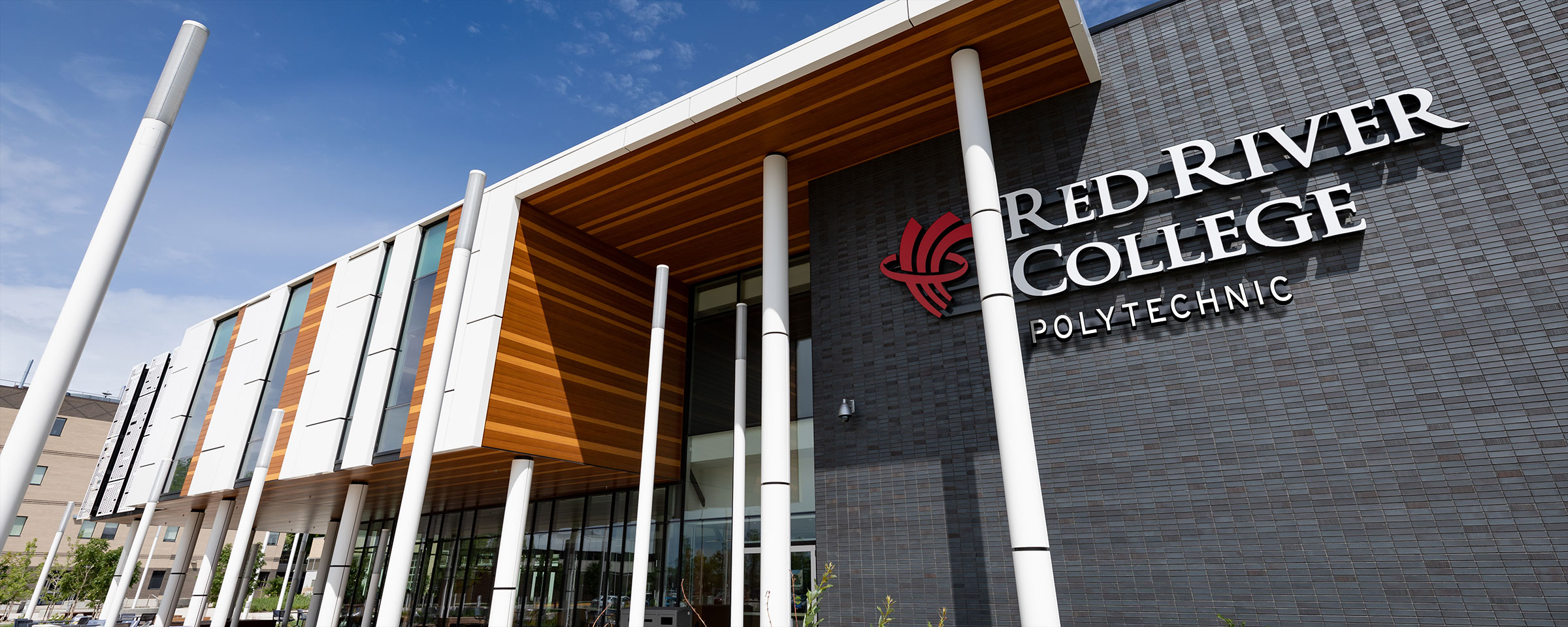Sweat Lodge Officially Opens for Students and Staff at RRC
Newest addition to the College’s Ceremonial Grounds will help RRC continue to infuse Indigenous culture and knowledge throughout our campus: Vogt
For Immediate Release: April 20, 2017
WINNIPEG, MB – Elders, students, and leaders from Red River College came together today in a special cultural ceremony to officially open the College’s first Sweat Lodge.
Led by Elders-in-Residence, Jules Lavallee and Mae Louise Campbell, today’s ceremony, which included a teaching about the Sweat Lodge, welcomed more than 40 participants – many of whom have never participated in this type of sacred ceremony before.
“I had a vision in 2004 of having a Sweat Lodge at Red River College available for students and staff and that vision has now become a reality,” said Elder-In-Residence, Jules Lavallee. “It’s a legacy for everyone to enjoy, that will help to heal for years to come and it was an incredible opportunity for staff and students to work together for the same purpose.”
The structure of the Sweat Lodge, which takes approximately three hours to build, represents the womb of Mother Earth and was made out of willow trees that were collected and prepared in the days prior to today’s ceremony. Once the willows were placed into position, along with sacred medicine, they were tied together and then the frame was completely covered with canvas to complete the Lodge.
“Today is a very important day as we continue our work to infuse Indigenous culture, knowledge, and teachings across our College,” said Paul Vogt, President & CEO, Red River College. “Indigenous student success is a priority at Red River College and that means providing culturally relevant student supports to help remove barriers and create more pathways to success for our Indigenous learners.”
“We have a significant Indigenous student population at Red River College and this important addition to our Ceremonial Grounds will have an amazing impact for many years to come. I want to thank our Elders for their guidance and everyone involved who helped make this important initiative for our College a success,” added Vogt.
Each Sweat Lodge has a different purpose and is led by an Elder or Spiritual Leader who provides Teachings and songs throughout the ceremony. Through this unique and profoundly personal experience, the body is cleansed, which aids in removing stress and improves the participants mental, emotional, physical, and spiritual well-being. These ceremonies are used to give thanks, to heal, to seek wisdom, and to purify the mind, body, and soul.
“The Sweat Lodge, a vision of Indigenizing RRC, has been realized to help the success of our students and staff,” says Elder-In-Residence, Mae Louise Campbell. “I’m positive we will continue to grow in spirit, as a human family seeking unity, equality, and understanding and that this education will provide a more holistic approach for success.”
Currently, the Sweat Lodge is only available for students, staff, and faculty at Red River College to provide further learning opportunities and to enhance Indigenous cultural teachings and supports at RRC.
Advance Indigenous Achievement is one of RRC’s main Strategic Plan priorities (2016-2021) as well as a key goal of the Academic Division, which is committed to enhancing “the environment supporting Indigenous student success.” RRC is also a signatory to the Manitoba Indigenous Education Blueprint (2016) – one of nine post-secondary institutions in the Province – following the Calls to Action of the final report of the Truth and Reconciliation Commission of Canada. RRC recognizes that the College has an important, proactive role in supporting reconciliation efforts in our province.
Click here to watch a video of our College community building the Sweat Lodge.
